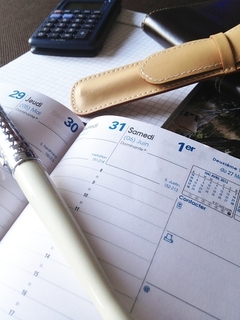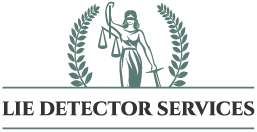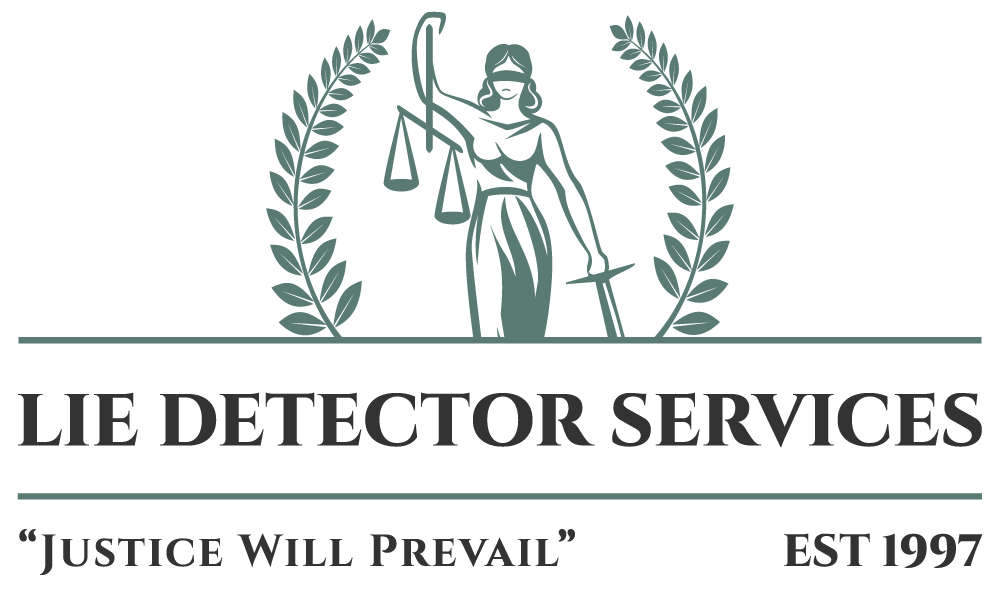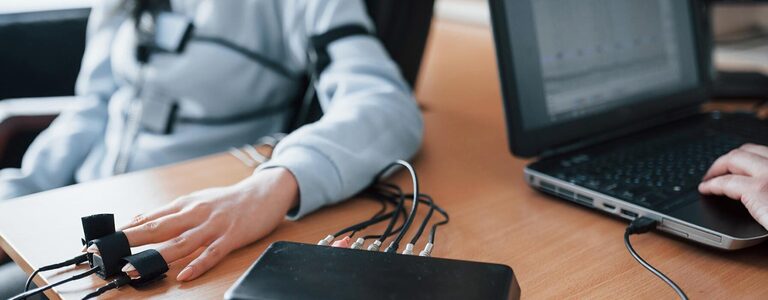
How to prepare for a lie detector test: Lie Detector Near Me
Thursday 5th January 2023
EM
In any examination situation, preparation is key and that is of the examiner and of the examinee. Below we will highlight some of the preparation involved in the test process in order to help you to understand the examiners reasons for the venue and surroundings in which your test should be completed.
So, how does your examiner prepare for your lie detector test? They will ensure that they have formulated the logistics of your appointment from start to finish prior to your test taking place, these will include but are not limited to.
1.Location
It is important that the venue for the test is private, confidential and quiet. The reason behind this is due to distraction of the examinee. If you consider a property that has children or pets running around, the examinee will not be concentrating on the test itself but listening to what is going on around them. This is why it is always advisable to take your test in a controlled environment and not your own home. A test in your own home takes the control of the situation out of your examiners hands and therefore could affect your test result.
A test at home has various dangers, someone could interrupt the test by knocking at the door. A commotion could happen outside that is completely outside of your control. Also when you have advised that you are taking this type of test to your family or friends, they could arrive and interrupt you. It is natural for loved ones to want to support you during this “out of your comfort zone” experience, however this is a hindrance and not a help to you receiving the most accurate result possible.
2. Venue temperature
If the examinee is too hot or too cold they will not be able to concentrate on the task at hand but will be thinking of their body temperature. Polygraph tests measure perspiration and therefore a client that is sweating profusely will not give an accurate reading due to their condition. We do not complete more than one test in this situation and it is very rare for someone to be re-tested without additional cost.
3.Equipment
The equipment is always checked by your examiner before each test, and your examiner ensures the programs used are the most up to date available. The equipment includes all of the attachments of the polygraph machine, the polygraph machine itself, and the audio and visual equipment is regularly calibrated to ensure ultimate performance.
4.Pre-test interview
It is vital that an examiner sits with you and speaks to you about the test process, this is sometimes referred to as a pre-test interview. This is so that the person being examined is fully aware of what to expect when the test takes place. It is also a chance to get to know your examiner and for them to get a deeper understanding of what you are trying to take away from the test.
Depending on your type of test you should always have this informal conversation prior to the examination taking place. If this is a private test this will usually only be with the client and examinee that booked the test. The purpose of this discussion is to go through what’s troubling you and to discuss the questions you would like to be asked. If you have your own questions the examiner will put them into a format that the equipment will understand, if your unsure the examiner is there to suggest some for you. The results of the test are only shared with the client. They would only ever be shared externally if the results indicate sexual or domestic violence, resulting in the examiner having any concern for you or another person’s welfare.
If this is a professional test, such as a police requested examination for a sex offender the examiner will review the case and talk to social workers or prison and police officials. This type of test is fully documented and shared with all the involved parties.
You will also be asked to sign a consent form during this conversation, to say you have not been coerced into taking your test and you are happy to proceed. A lie detector test, or polygraph can not be administered if a client is unwilling to go through the process.
So, how do you prepare for a lie detector test?
1.Be physically prepared
- Be comfortable, wear clothes that make you feel at ease
- Ensure you eat, do not overeat and don’t be hungry
- Do not consume / drink energy drinks before the appointment as the caffeine will affect the test as it increases your heartrate
- Get an early night, try and sleep well the night before your test
- If you are using any prescribed medication continue to use as prescribed by your doctor
- Do not use any stimulants or relaxants other than prescribed
- If you use / consume any cannabis, please tell the examiner when the last time you used it, try not to consume/use cannabis at least 12 hours before the test. This could lead to an inconclusive result
2.Don’t rush
- Make sure you arrive at least 15 minutes before your test
- Don’t organise anything immediately after your test, you may need a little extra time
3.Its ok to be anxious
- Allow those nerves, they make for better reactions and sometimes a more accurate test
- Do not take anything to calm you which has not been prescribed by a medical professional
- Everyone feels anxious, nervous, angry, ashamed, embarrassed and scared about taking a lie detector test. That is perfectly normal these feelings will not influence the outcome of the test.
4.Don’t lie to your examiner
- Don’t be embarrassed, your test is confidential between you and your examiner
- Lies mean surprises during the test process, it WILL affect your test
- If you are preparing to get value for your money and pass the test tell the examiner everything and that way you will be able to pass
5.Ask questions during your pre-test interview
- Your understanding is important, don’t be afraid to ask for clarification
- Your examiner is there to help, use them
- The examiner will explain everything about the test and what it involves prior to the start of the examination
- There are no surprise questions asked of you during the lie detector test
- All questions will be discussed with you, and it will be reviewed several times before the onset of your lie detector test
6.Do not use countermeasures
- Your examiner has over 20 years’ experience, he cannot be fooled
- Your report will show you tried to fool your examiner and the test
- The equipment used by the examiner will pick up if you use any countermeasures and your report will be an Inconclusive result. By trying these tricks, you would have wasted your money instead of clarifying the issue under investigation
- The examiners also study and counter for all the internet based counter measures that are available online
7. General tips to pass the lie detector test
- The examiner is completely unbiased
- The examiner does not form any opinions about the examinee before the test
- The examiner is there to prove that you are telling the truth
- It is up to you to tell the truth
- The examiner does not form any opinions about the outcome of the test until the lie detector test is finished
If you would any further information on how to prepare for a lie detector test, or you would like to organise one contact our dedicated Customer Support Team on 0800 774 7268 or visit us online for more information.




